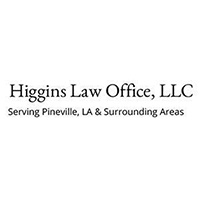Lettsworth Juvenile Law Lawyer, Louisiana
Sponsored Law Firm
-
 x
x

Click For More Info:
-
Babcock Trial Lawyers
10101 Siegen Ln #3-C Baton Rouge, LA 70810» view mapCriminal Defense We Want Your Injury Claim PAID NOW!
At Babcock Trial Lawyers, we work for our clients, maintaining our reputation of excellence as criminal defense & personal injury lawyers in Baton Rouge.
225-500-5000
Not enough matches for Lettsworth Juvenile Law lawyer.
Below are all Lettsworth Criminal lawyers.
Kathryn Jakuback Burke
✓ VERIFIEDKathryn graduated from LSU’s Paul M. Hebert Law Center in 2017. During law school she was an active participant in Moot Court and Trial Advocacy. Du... (more)
Jacob Guice Longman
✓ VERIFIEDJacob is a 2017 graduate of the Paul M. Hebert Law Center. During law school, he participated in Trial Advocacy and Moot Court, was President of the S... (more)
George Higgins
✓ VERIFIEDGeorge Lewis Higgins III received his Juris Doctor degree in 1979 from Paul M. Hebert Law Center at Louisiana State University in Baton Rouge. Mr. Hig... (more)
James P Manasseh
✓ VERIFIEDThe managing partner of the largest criminal defense intensive law firm in Louisiana, Manasseh has represented more than 12,000 clients over a twenty-... (more)
 Stephen Babcock Baton Rouge, LA
Stephen Babcock Baton Rouge, LA Practice AreasExpertise
Practice AreasExpertise





